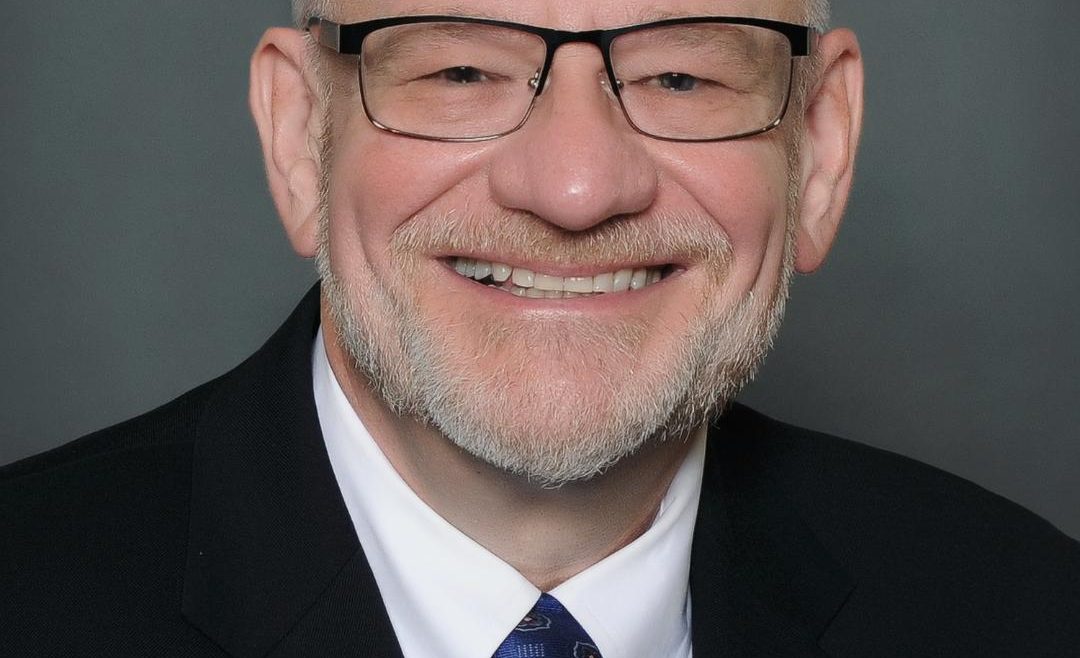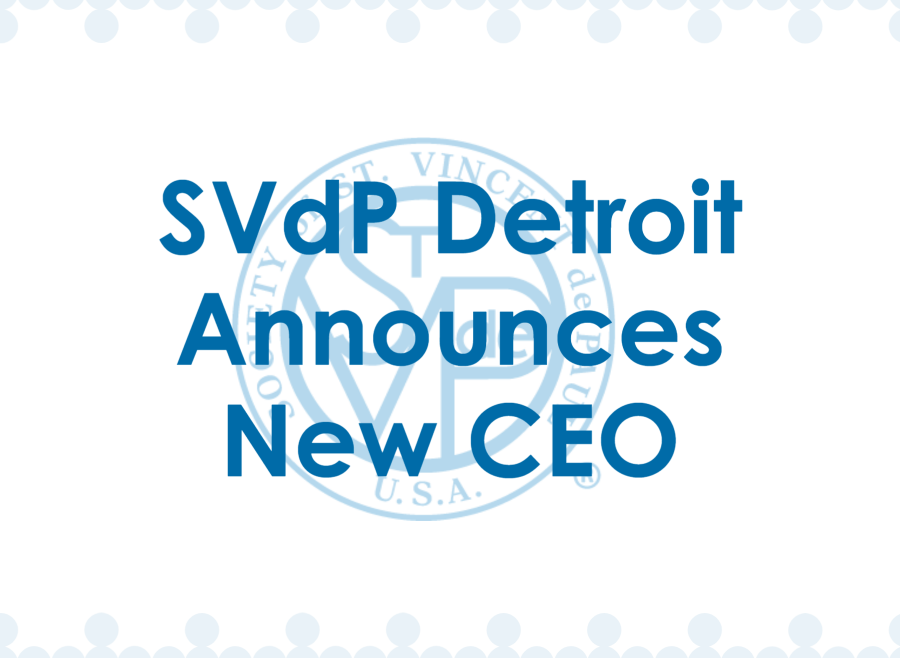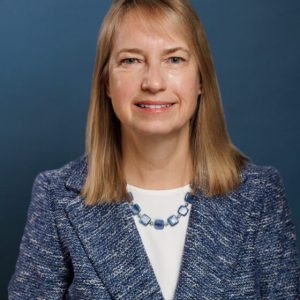Some days it feels like the world is upside down. Conflicting information, opposing trends and biased news accounts make it difficult to get a fair reading on what life looks like for everyday Americans. All I know for certain is that the Society of St. Vincent de Paul’s members are part of every American community, and often are called upon to help when things get rough.
Here are just a few data points that make me scratch my head in confusion:
- Inflation is at historic levels, stated at 9.1 percent, yet regular expenses such as food (12.2%), new vehicles (11.4%) and airfares (34.1%) are measured even higher.
- Gasoline (up 59.9%) and other household energy costs (21.9%) are up over 12 months but again, perceived by many as even higher, usually referenced by the cost to fill their vehicle’s gas tank.
- Jobs appear more plentiful than ever! And wages have risen, especially for lower-wage jobs. Yet almost 95 million – 30 percent – of Americans are now on Medicaid, and more than 41 million receive federal food stamps averaging $228/month.
- Rent costs are rising quickly after many months of abatements and other COVID-related freezes. Meanwhile, housing sales were red-hot until just a few weeks ago. Homelessness in any case appears economy-proof and just as prevalent.
- Energy costs and supply chain issues dominate the blame game for rising costs, yet corporate profits still look good! Why then is the stock market down so low? Americans worry about both today’s finances and their retirement funds – if they have them
What’s a Vincentian to do? Fortunately, we are a hardy bunch, and we focus on the individual and family. We do not judge those we serve; however, we should be informed and prepared. What do the stats above and other changing, often contradictory economic stories suggest about how our Conference should respond to help our neighbors?
First, it has always been part of our Society’s work and obligation to those we serve to advocate. Our Voice of the Poor groups and our Conferences know the real-life stories of our communities, and these are powerful advocacy perspectives to share with elected officials and others who create and manage policies. If nothing else, we should explain how almost any policy might create unintended, unanticipated consequences for the poor.
Second, all this dynamic change underscores the importance of the Home Visit. That’s right, our help still begins with a relationship and assessment of needs. Yes, we serve anyone who comes to us asking for a food box. A Home Visit, however, can lead that family to additional resources we can provide for other needs.
It also may lead to more sustainable solutions to reduce the need to return to us later. Thus third, we can advance our systemic change tools of employment assistance, job training, and education, predatory lending alternatives, financial literacy, and other local supports.
Absent forethought and planning, a Conference can continue to give food and gas cards, and pay rent and utility checks for people all day, every day. This won’t change anyone’s life for the better by putting a financial Band-Aid on the problem. We can’t spend our way out of this problem. (By the way, this might be a good lesson for others as we advocate!) We can, however, spend our precious time and dollars wisely toward lasting change.
The world may be topsy-turvy. The Society can as always be both a faith-driven voice of reason and a force for good, navigating the crazy with steady, thoughtful approaches that help one family at a time, over time. We must realize that yesterday’s tools may or may not work, or work sustainably, for today’s problems. Just as we pivoted and adapted to the pandemic, now we must do the same for the economic and political realities of today.
Let’s meet soon as a Conference with a sole special-agenda intention of stepping back to discern the community’s present needs. Let’s then re-design as needed our resources and responses in line with our Society’s mission, our faith, and our best hopes and dreams for our neighbors in need. The rest of the country may be bonkers right now. As Vincentian friends and the face of Christ for those we serve, we can rise above it all to help families make better sense of their situations and to give them our greatest gift -hope – for their futures.
Yours in Christ,
Dave Barringer
CEO






